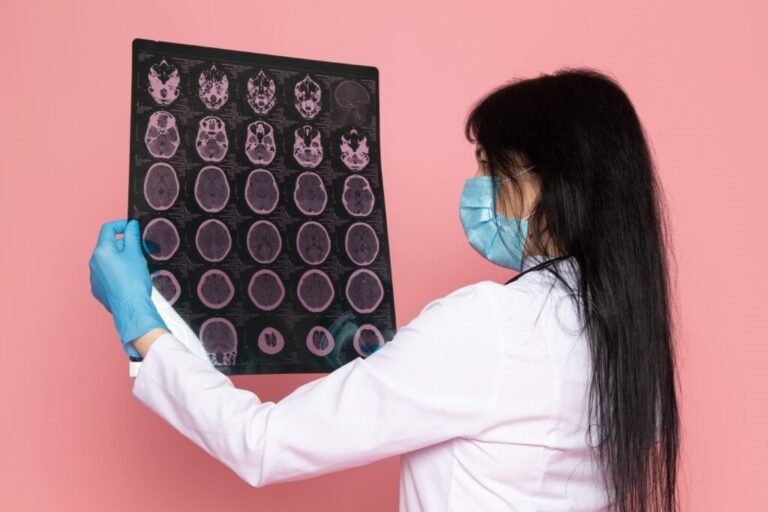Evaluating brain injury claims involves a detailed process to assess the extent and impact of the injury. Courts carefully examine medical evidence, the circumstances of the injury, and the effects on the claimant’s life. These factors help determine the validity and value of a claim.
Los Angeles is a significant location for brain injury claims due to its large and diverse population, combined with high rates of incidents that commonly cause traumatic brain injuries (TBIs). People seeking compensation often turn to a Los Angeles Brain Injury attorney to navigate these challenges. Such legal experts understand the local legal environment and how courts interpret evidence in brain injury cases.
What Types of Brain Injuries Do Courts Recognize?
Courts take into account a variety of brain damage categories, ranging from minor concussions to serious traumatic brain injury. Mild injuries might not show apparent symptoms immediately, which can complicate claims. More severe injuries may result in lasting cognitive, emotional, or physical impairments, which are easier to document and present in court.
What Evidence Do Courts Examine?
- Medical Records: Courts heavily rely on accurate, detailed medical documentation describing the injury, treatment, and prognosis. Imaging tests like MRIs or CT scans, neurologist reports, and rehabilitation records are crucial.
- Expert Testimony: Medical professionals often provide expert opinions on the injury’s severity and its impact on the claimant’s daily activities and earning capacity.
- Witness Statements: Statements from family, coworkers, or others who observed changes in the claimant’s behavior or abilities contribute to the case.
- Personal Testimony: The claimant’s account of pain, suffering, and life changes is also essential, though courts take care to weigh this alongside objective evidence.
How Do Courts Assess the Impact on Life and Work?
Evaluating how the injury affects work and daily life is a key element. Courts look at:
- Changes in employment status or capabilities, including lost wages or diminished earning potential.
- Physical limitations or cognitive impairments affecting daily tasks.
- Emotional and psychological effects like anxiety, depression, or memory loss.
- The need for ongoing medical care or therapy.
Documenting these impacts thoroughly strengthens a claim.
What Role Does Liability Play?
Courts also consider fault. It must be shown that the injury resulted from another party’s negligence or intentional actions. Evidence about what caused the injury, such as accident reports, safety violations, or witness descriptions, helps establish liability.
Why Is Specialized Legal Help Important?
Brain injury cases often involve complex medical information and legal procedures. Experienced attorneys in Los Angeles can guide claimants through building a strong case, ensuring all relevant evidence is presented clearly and persuasively.
Key Takeaways
- Courts evaluate brain injury claims through medical records, expert testimony, and lifestyle impact documentation.
- Severity of the injury and its effects on work and daily life play essential roles.
- Establishing fault is necessary to prove liability.
- Specialized legal support helps navigate the complex evaluation process.
This approach allows courts to make informed decisions about compensation while considering the real challenges faced by those with brain injuries.

